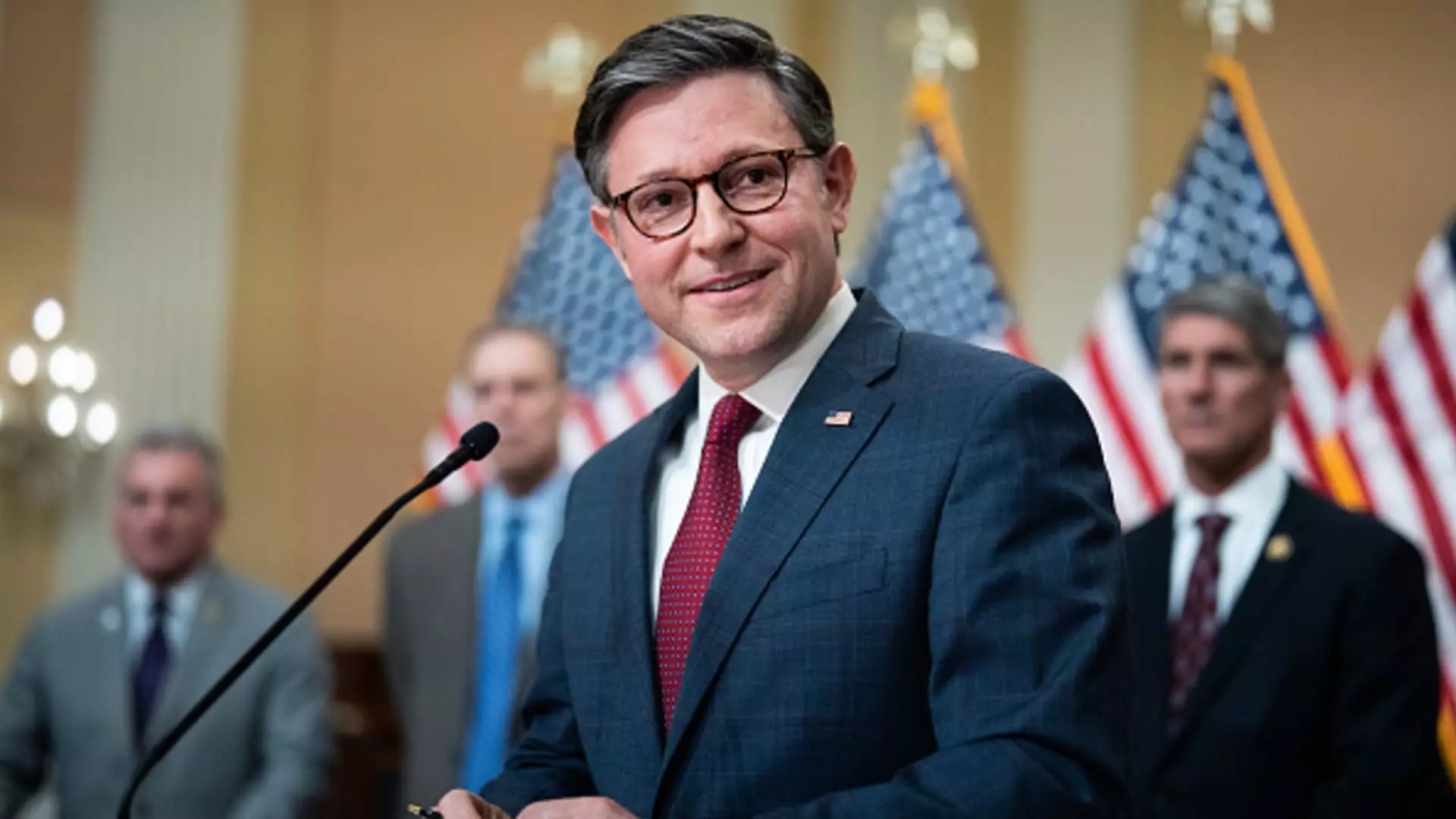House Speaker Mike Johnson announced his intention to invite Israeli Prime Minister Benjamin Netanyahu to address a joint session of Congress. Johnson, who hails from Louisiana, expressed his eagerness to extend the invitation during an appearance on CNBC’s “Squawk Box.” Despite his enthusiasm, Johnson acknowledged that the logistics of scheduling such an event would need to be sorted out.
In response to Johnson’s invitation, Senate Majority Leader Chuck Schumer conveyed his openness to Netanyahu addressing Congress. Schumer, a Democrat from New York, emphasized the enduring bond between the United States and Israel, noting that the relationship goes beyond individual leaders. However, just a week prior, Schumer had criticized Netanyahu’s handling of the conflict in Gaza and called for an election to remove him from office.
Johnson strongly condemned Schumer’s previous remarks, describing them as “almost staggering” and “unbelievable.” He characterized Schumer’s suggestion of regime change in Israel as “patently absurd,” highlighting the challenges that the country faces as it navigates its democratic processes amidst ongoing turmoil. Johnson underscored the importance of supporting Israel, particularly during times of crisis, and criticized Schumer for his comments.
Despite the tensions between Schumer and Netanyahu, the Israeli Prime Minister had reportedly sought to address the Senate Democratic Caucus. However, NBC News reported that Schumer declined Netanyahu’s request, indicating a continued strain in their interactions. The back-and-forth exchanges reflect the complexities of navigating diplomatic relations, particularly in the context of differing political perspectives and strategic priorities.
The reactions to Netanyahu’s potential address to Congress underscore the challenges of balancing international relations with domestic political considerations. Johnson’s invitation, Schumer’s response, and the subsequent criticisms and rebuffs highlight the intricacies of managing alliances and partnerships in the realm of foreign policy. As leaders navigate these dynamics, the broader implications for bilateral relations and global stability remain paramount.



Leave a Reply